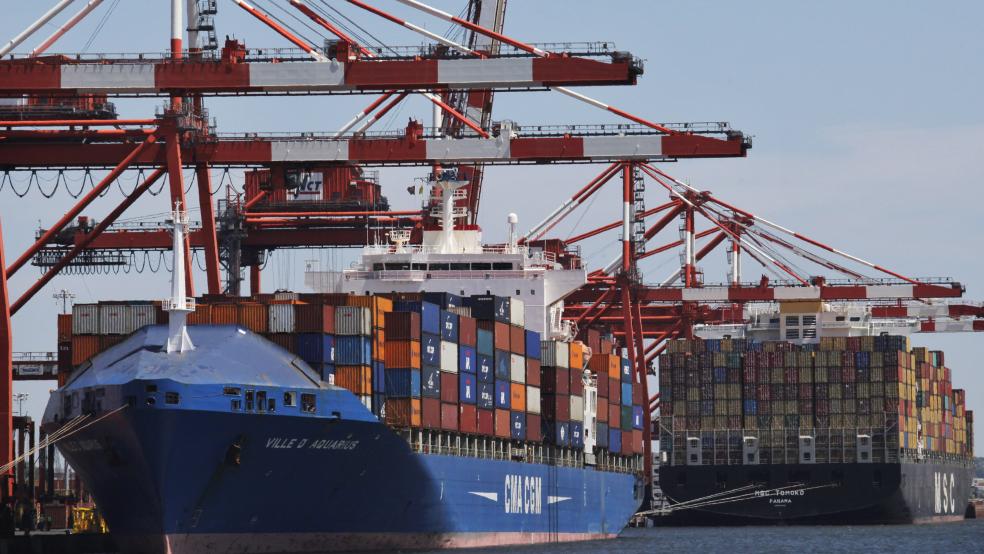Former President Donald Trump plans to use tariffs to punish foreign competitors, boost domestic production and provide revenues to offset the cost of an extensive list of new tax cuts, including the elimination of income taxes on tips, overtime pay and Social Security benefits. Many economists, however, have warned that Trump’s tariffs would fall far short of achieving those goals, and result instead in higher prices for a wide range of goods. A study this week from the National Retail Federation put a number on the potential cost of those higher prices for U.S. consumers: up to $78 billion a year.
The NRF report looks at how Trump’s proposed tariffs — a 10% to 20% levy on all imported goods, and 60% to 100% on goods coming from China — would affect six major consumer categories: clothing, toys, furniture, household appliances, footwear and travel goods. The analysis found that the tariffs would have a “significant and detrimental impact” on the prices of goods in those categories, particularly those made in China, and result in cost increases far too large for U.S. retailers to absorb. The resulting price increases at the retail level would reduce consumer purchasing power by $46 billion to $78 billion a year, depending on which set of tariffs was implemented. For individual households, the cost increase would be $362 to $624.
Clothing would cost $13.9 billion to $24 billion more for consumers overall as a result of the tariffs, while footwear would cost $6.4 billion to $10.7 billion more. Shoppers would spend $8.8 billion to $14.2 billion more for toys; $8.5 billion to $13.1 billion more for furniture; $6.4 billion to $10.9 billion more for household appliances; and $2.2 billion to $3.9 billion more for travel goods.
The report provides some specific examples. A $100 winter coat would cost $12 to $21 more, while a $50 tricycle would cost $18 to $28 more. The price of a $2,000 mattress and box spring set would increase by $128 to $190, and a $650 refrigerator would go up by $126 to $202. And the price of running shoes would increase, too, with a $90 pair costing $16 to $26 more.
Jonathan Gold, vice president at NRF, said retailers currently rely heavily on imported goods to keep prices low for U.S. consumers, and Trump’s proposed tariffs would raise costs significantly. “A tariff is a tax paid by the U.S. importer, not a foreign country or the exporter,” he said. “This tax ultimately comes out of consumers’ pockets through higher prices.”
Economy
Trump’s Tariffs Could Cost Consumers $78 Billion a Year: Report

REUTERS/Eduardo Munoz



